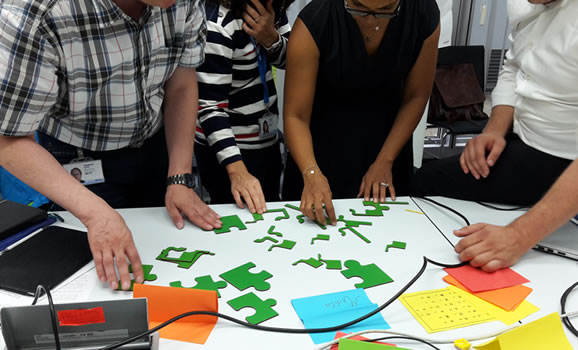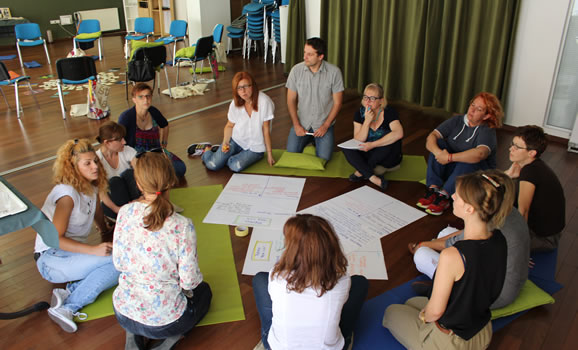The one-on-one coaching relationship is designed to encourage purposeful dialogue, create new insight, develop new knowledge and skills, and spur personal growth.
The program helps emphasize the unique potential of the individual and provides a structure and process for their development. Individuals who engage in a coaching relationship can expect to experience fresh perspective on challenges and opportunities, enhanced thinking and decision making skills, enhanced interpersonal effectiveness and growing confidence in carrying out their chosen life and work roles.
Each individual program is tailor-made, designed to support the coachee to respond to the challenges of his specific context.
The focus may include:
- Enhancing organizational performance and communications
- Mastering new roles and relationships when positions change
- Increasing flexibility in communication and effectiveness in personal impact
- Finding more effective solutions when dealing with difficult people and situations
- Creating visions and strategic plans
Through the coaching program the coachee will:
- Increase self/awareness and enrich his/her personal leadership style
- Improve decision making skills and increase personal effectiveness
- Move beyond self-imposed limitations
- Align personal with corporate objectives
- Embrace feedback as an improvement tool
- Execute winning business strategies
How does the coaching process look like?
Establishing the framework
Intake
Coaching process
Completion & conclusions
Alignment with coachee
Coaching Prep Form
Goal setting & success measures
Program design
Roles, responsibilities and ground rules
Shadowing
Field assignments
Etc.
Coaching completion
Coaching summary report
Next steps
In order to keep the process in alignment with organizational goals, it is vital to orientate the coaching process around business needs. This is why the four-stage process typically engages 3 parties – the client/coachee, the coach and the sponsor (Manager and/or HR representative).

